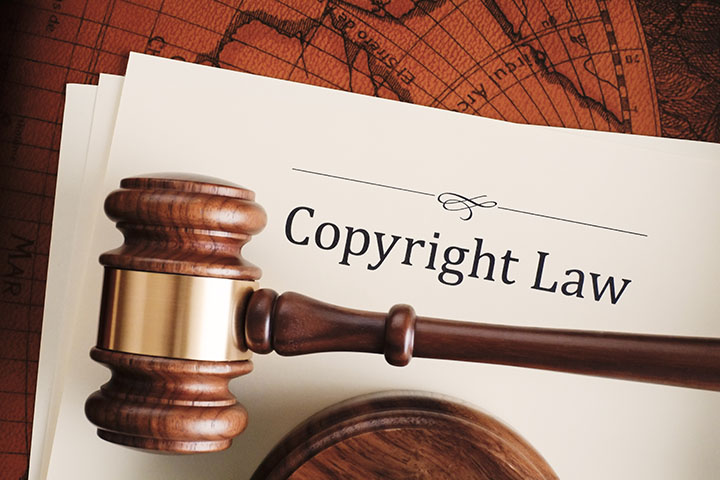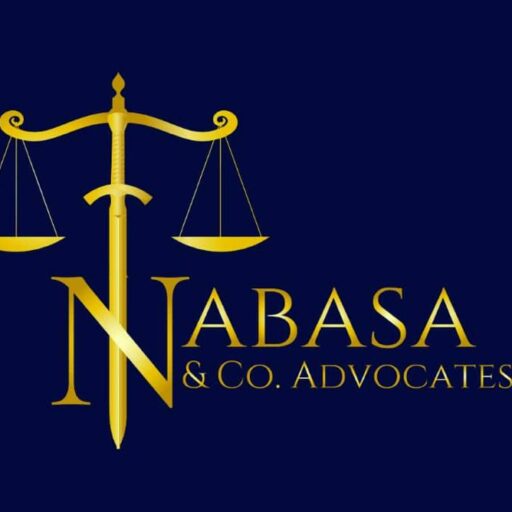
What is Copyright?
Copyright is a form of legal protection granted to a creator of something original like books, paintings, photographs, music, sound recordings, computer programs, poems, blog posts, movies, and plays. It covers works that are written down or recorded.
The courts in Uganda have emphasized that in order to be afforded protection, the work must be original and possess at least some minimal degree of creativity, no matter how crude or obvious it might be.
It is possible to gain copyright from modifying pre-existing content or materials as long as what you make is different from what was there before and shows some creativity.
Copyright Ownership
Any person, whether individually or in collaboration with others can own a copyright if what they create is original and either written down or recorded. Even companies can own copyrights for work made by their employees within the scope of the employment.
Copyright ownership can also happen through agreements like contracts or through different kinds of transfers, such as wills and bequests.
Scope of protection of copyrights
The Law in Uganda provides for the following exclusive rights to copyright owners:
- The moral right to claim authorship and protect the integrity of their work, and sometimes, the right control how their work is associated with certain products or services
- Making copies and distributing to the public by selling, lending, or renting them
- Creating new things that come from the original work, like making a movie based on a book.
- Performing or displaying the work publicly if it’s a story, song, play, dance, sound recording, image or movie.
- The right to authorize others to exercise these exclusive rights, subject to certain limitations under the law.
Duration of copyright protection for the different types of work
The economic rights of an author last for their lifetime and continue for fifty years after their death.
For works with joint authors, the protection extends until the death of the last surviving author, plus fifty years.
If a corporation or entity owns the rights, they’re protected for fifty years from the work’s first publication.
For anonymous or pseudonymous works, it’s fifty years from the first publication, but if the author’s identity becomes known within that time, protection lasts for their lifetime plus fifty years.
Audio-visual works, sound recordings, and broadcasts are protected for fifty years from creation or from when they’re made public with the author’s consent.
Computer programs are protected for fifty years from when they’re made public, and photographic works are protected for fifty years from their creation date.
The moral rights of an author last forever, even after the economic rights are no longer protected.
The author or their successors can enforce these rights.
How to legally use copyrighted work
You can obtain a license or buy copyright-protected work from the author.
If the copyright has expired, or the work was never subject to copyright protection, such work is available for anyone to use, without the need for permission or payment.
Using the work in line with the doctrine of fair use, which includes using the work for private personal use only, quoting from a published work within fair practice guidelines, using a published work for teaching purposes with acknowledgment, communicating the work to the public for educational or informational purposes with acknowledgment, reproducing or communicating works for reporting on current events or for certain public places or events, and reproducing literary, artistic, or scientific works for non-commercial purposes under specific conditions.
When determining fair use, factors such as the purpose of use, nature of the work, amount used, and effect on the market value are considered. Additionally, whether a work is published or not doesn’t affect the consideration of fair use.
How to register a copyright
Copyright exists automatically in an original work of authorship once it is fixed, but a copyright owner can take steps to enhance the protections through registration with the registrar of copyright with assistance from a lawyer.
Authored by Isabella Pedun (isabellapedun@nabasalaw.com)
